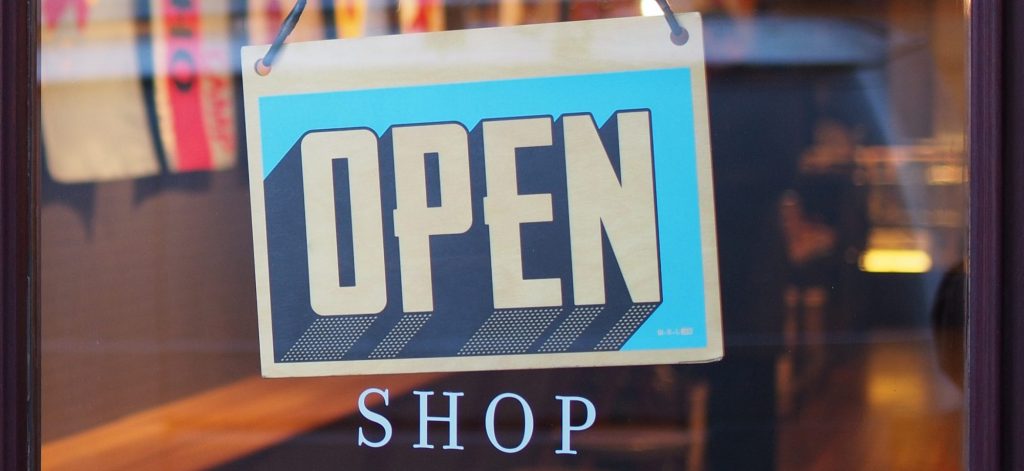11 Aug E-Commerce jargon, terminology and definitions
E-commerce, Ecommerce, eCommerce; however you spell it, the term is now firmly lodged in our language. So just what is it?
At it’s most simplistic level; e-commerce is simply the buying and selling of goods, services or information via the World Wide Web, email or other pathways on the Internet. E-commerce and E-business are interchangeable terms. As with any other industry, e-commerce has introduce new terms into our language.

The following are definitions of the more widely used terminology relating to e-commerce, followed by links to other related tutorials and learning resources on Taming the Beast.net.
B2B (Business to Business)
The exchange of goods and services between business.
B2C (Business to Consumer)
The exchange of goods and services with the end consumer being the target market.
Chargeback
Where a transaction is debited against a merchant account in cases of refunds and fraud. Chargebacks usually attract a fee that is debited against the merchant.
Certificate Authority
A third party company that issues digital certificates that confirms a company or individuals’ identification. A digital certificate is a crucial part of secure e-commerce
Cobranding
Where two companies identify a partnership between them through one company displaying their logos, color schemes etc on another companies application.
Cookies
Small text files stored on your computer when visiting a site that record preference for that particular site’s usage. Cookies are also common in shopping cart applications in order to remember visitors as they move throughout product pages.
CRM – Customer Relationship Management.
The entire process of a pre-sales, sales and service relationship with a customer. Many software applications are now available that permit you to record this relationship from the time the clients asks their first question. Good CRM software is much more efficient than fragmented records as it can save time in tracking communications and transactions with a particular person.
EDI (Electronic Data Interchange)
This is the business to business (b2b) flow of information between companies or within a company itself. The 90’s saw the concept of information equaling power. Whatever creates power also generates money and therefore creates new enterprises to supply this information.
Encryption
Process of transforming data into a type that prevents casual observers from deciphering.
Etailing
These are mainly “virtual” storefronts which act as a catalogue of products of merchants and usually include a “shopping cart” system to enable consumers to purchase online with the use of credit cards.
Firewall
Software/hardware used to prevent unauthorized access from a computer system or network of computer systems.
Gateway
Computer that allows communications between networks one network with another. Used in e-commerce to act as an interface between a merchant and a bank; i.e, a Payment Gateway.
Infomediary
An infomediary is an online resources that collates data from a variety of sources and acts as a middleman between those distributing the information and people who want the information.
Luhn algorithm
The LUHN algorith is used for credit card number generation and validation.
eCheck
An E-Check is a form of payment that deducts funds directly from your own standard checking account. e-Check services are usually managed by third party companies that interface with a number of different banks. An echeck provides a more fraud resistant option in terms of e-commerce transactions.
Merchant account
A special account account where money from credit card sales is first routed to and held before transfer to your own business account. This process is usually fully automated in e-commerce transactions. Money may be transferred into your standard business account in real-time or during various points in a 24 hour period. A merchant account is a crucial part of e-commerce.
Merchant Identification Number (MIDS)
Unique merchant identification number that is used in conjunction with all transactions.
Out of the box
Refers to an applications suitability to be rapidly integrated into an existing system
P2P (Peer-to-Peer)
Process whereby computers can trade information between each other directly without the assistance of a third party network.
Payment threshold
The minimum accumulated commission an affiliate must earn to trigger payment from an affiliate program.
Privacy policy
A Web site’s official statement on the type of information collected on a site, how the information will be used, how the person can access this data and the steps for having the data removed. A privacy statement will also usually include information regarding systems that are in place to protect the information of web site visitors.
Privacy seal programs
Independent organizations that verify if an online companies’ Privacy Statement is verifiable and accurate.
Scalability
The ability and flexibility of an application to meet growth requirements of an organization
Secure servers
Special servers that utilize encryption to prevent unauthorized users from intercepting and reading a message that passes through its system..
Session cookie
Temporary cookie stored in a computers memory for remembering preferences during a web site visit that is flushed on leaving the site.
Shareware
Software that is distributed at no cost that can be used for free for a specific period of time or under certain circumstances to allow evaluation.
Shopping cart
Software that keeps track of items a visitor picks to buy from your site until they proceed to the “checkout”.
SLA (Service Level Agreement)
Used in many merchant/institution and merchant/consumer transactions to define the boundaries of what the service is committed to deliver and under what circumstances.
SSL (Secure Socket Layer)
A secure protocol that ensures the integrity of information that is transmitted via this means.
Uptime
The amount of time a web site is available. The industry benchmark at this point in time for availability is 99.99%.
SOHO
Stands for Small Office/Home Office and refers to a specific group of people who work from home or very small companies.
Turnkey
Refers to an application that with very few adjustments is ready for use, such as a remotely hosted shopping cart service.
User session
Each visit to a web site by one person. The session is usually “ended” when all pages have been closed or after a specific time of inactivity.
Vortals (vertical industry portals)
Online resources that are gateways to specific industry related information.
WYSIWYG
What You See Is What You Get. An application that displays how the resulting page will look as it is being developed by the user in which the screen displays what the end result will look like, while the document is being created or modified.
(c) Michael Bloch
Taming the Beast
http://www.tamingthebeast.net


No Comments